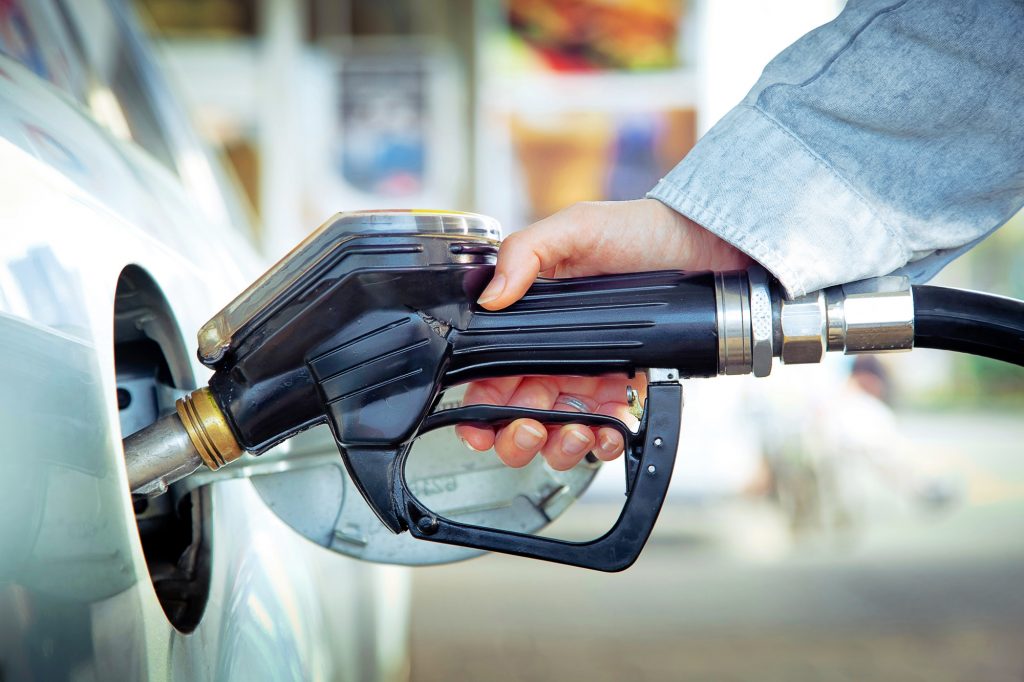
You’re in the market for a car, and one of the main questions you’re having trouble answering is: Diesel or gas?
You may have heard that diesel engines get great mileage. And that’s nothing to sneeze at considering that gas prices are nowhere near stable from one season to the next.
But is that all they have to offer you? Do diesel-powered engines have any drawbacks? Here’s a glimpse at the pros and cons of diesel engines before you make your next car purchase.
Let’s get started!
Pros and Cons of Diesel Engines: Mileage & Cost
It’s worth reiterating that diesel engines get excellent mileage. After all, they usually deliver up to 30% better fuel economy when compared with gas-powered engines.
In fact, the fuel economy that diesel engines deliver can be even greater than that of a traditional gas-electric hybrid engine.
When it comes to cost, diesel fuel was cheaper than gas in the past. Nowadays, the costs of diesel and gasoline are relatively comparable, although diesel can cost more. And unfortunately, as the demand for diesel vehicles grows, you can expect diesel to cost you more in the future as well due to competition from those who use diesel oil as heating oil, for industrial and home generators, and for commercial vehicles.
The good news? Even if diesel fuel costs more down the road, you can still save money thanks to the higher fuel efficiency of diesel engines (more on that later).
Maintenance
Another major benefit of diesel engines is that they do not have distributors or spark plugs. That means you don’t have to worry about ignition tune-ups.
The con? Diesel engines still require regular maintenance if you want to keep them operating properly.
For instance, you’ll still have to get your oil changed and change your fuel, air and oil filters. In addition, if your vehicle has a water separator, you’ll need to empty it manually.
The silver lining, though, is that thanks to cleaner fuels today, many people with diesel engines don’t have to worry about bleeding extra water out of their systems.
All in all, it’s critical that you take the maintenance of your car seriously, which includes getting your engine control module (ECM), such as the Cummins ECM, checked out and replaced as needed.
If your fuel injection system, in particular, ends up breaking down, it’ll probably cost you more to get it repaired than it would a gas system, as a diesel engine is more technologically advanced.
Efficiency
Going back to the idea of mileage and cost, one of the biggest reasons car owners love their diesel engines is that diesel remains one of today’s most energy-dense and efficient fuels.
Why exactly is this? Because the amount of usable energy in diesel is greater than that in gasoline, thus leading to better fuel economy for diesel.
However, if you’re looking for flashy performance when it comes to speed, you might be sorely disappointed in your diesel engine. Diesel works by converting heat into energy instead of sending heat out of a tailpipe, which is what gas engines do. So, diesel engines aren’t super speedy compared with their gas-powered counterparts.
In a way, as gas engine is akin to a racehorse: It’s fast, high strung and fiery. Meanwhile, a diesel engine is akin to a workhorse: It’s more enduring, slower and stronger.
Nonetheless, because of how diesel engines burn fuel, they provide a lot more torque to cars’ driveshafts compared with gasoline engines. Therefore, most of today’s diesel cars start up and go much faster than gas cars do.
Also, you typically do not need to downshift diesel cars containing manual transmissions if you want to pass other cars on the interstate. And even though diesel cars don’t go as fast as gas cars do, many of them can still easily reach more than 100 miles an hour.
On top of this, cars, trucks and sport utility vehicles that are powered by diesel can easily out-tow a gas vehicle and still deliver the better fuel economy many drivers love.
Durability
This is one of the biggest advantages of choosing diesel over gas. A diesel engine is created to tolerate the effects of higher compression, so they oftentimes can go a lot longer than gas vehicles can before needing major repairs.
In fact, the mileage of a Mercedes-Benz car is known to reach as high as a million miles.
Even if you don’t see yourself holding onto your vehicle that long, a diesel car’s dependability and longevity certainly won’t hurt you when it comes to your resale and trade-in values.
If you do end up needing a professional to repair your diesel car, make sure that you hire a specialized technician who understands the complexity of your vehicle. Of course, these technicians will no doubt charge more than your neighborhood car repair shop would.
The Future of Diesel
A major advantage of going with a diesel car is that diesel engines’ technology is regularly being improved.
Companies are feeling pressure from the government to generate low-emission engines for construction equipment, farm equipment, buses, cars, and trucks. This, in turn, has led to special catalytic converters and advanced filters as well as diesel fuels containing low levels of sulfur. The government’s goal is for the car manufacturing industry to destroy or cut down toxic emissions.
In addition, there are now engines that can run on gas but switch to diesel once the supply of gas runs out. On top of this, companies are creating biodiesel fuels that stem from commercial and agricultural sources to decrease people’s reliance on petroleum’s dwindling supplies.
How We Can Help
We offer a wide range of automotive resources, including information about engines, auto transmissions, check engine lights and manual drivetrains.
We also provide access to a number of auto repair manuals for your convenience, ranging from manuals for Buicks to those for BMWs.
Get in touch with us to find out more about the pros and cons of diesel engines and how you can keep a diesel engine running efficiently for many miles to come.




